
Tongue Cancer - Overview
Tongue cancer is a very potent malignant tumor which may spread in even early stage of the disease. It generally affects smokers and people who chew tobacco but it may also occur in people who do not cherish such bad habits. It is estimated that people older than the age of 45 and especially in case they use tobacco products carry a higher risk for tongue cancer.
The most common pathohistological type of tongue cancer is squam cell carcinoma. It originates from the cells of the superficial layer of the tongue. The tumor may develop on the top of the tongue, on its sides or at the base of the tongue. It is either in a form of a lump (of different color) or it can be in a form of ulceration that does not heal. Initially the tumor is painless and once the damage of the tongue tissue becomes more serious a patient complains about the pain. Spread of the cancer to local lymph nodes results in their enlargement. In many people suffering from tongue cancer the tumor has already spread to the regional lymph nodes at the time of setting of the diagnosis.
Tongue Cancer - Treatment
The best treatment results are achieved if the tumor is diagnosed in the early stage of the disease. This particular type of cancer is initially treated with surgery. Apart from surgical removal of the entire tumor and surrounding tissues a surgeon may remove regional lymph nodes during the same act.
After the surgery some patients are only monitored while others continue with treatment. This generally depends on the stage of the disease. Radiation therapy is an option in case the tumor has spread to regional lymph nodes. Even though lymph nodes may be surgically removed the goal of radiation therapy is to sterilize the operated area and kill remnant tumor cells.
Advanced stages of the disease or in case of tumor recurrence patients are treated with chemotherapy. Chemotherapy is either in a form of oral medications or it is administered intravenously. There are many side effects of chemotherapy especially if it administered in higher doses.
After the tumor has been removed and a patient has finished with radiation therapy and the doctor confirmed the disease is under control, a person may undergo reconstructive surgery. Namely, initial surgical removal of the tumor may be extensive and lead to deformities and damage to certain functions. Reconstructive surgery restores function of the tongue and may recreate the appearance of a healthy tongue.
Several more treatments are necessary for patients suffering from tongue cancer and they include physical, speech and occupational therapy. A well experienced therapist teaches the patients how to swallow, eat and speak.


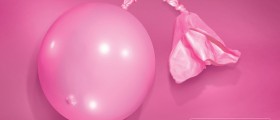







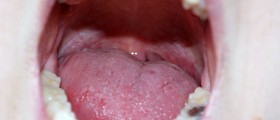


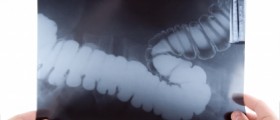
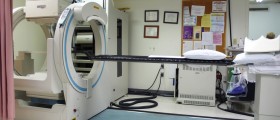

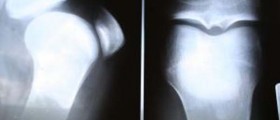
Your thoughts on this
Loading...